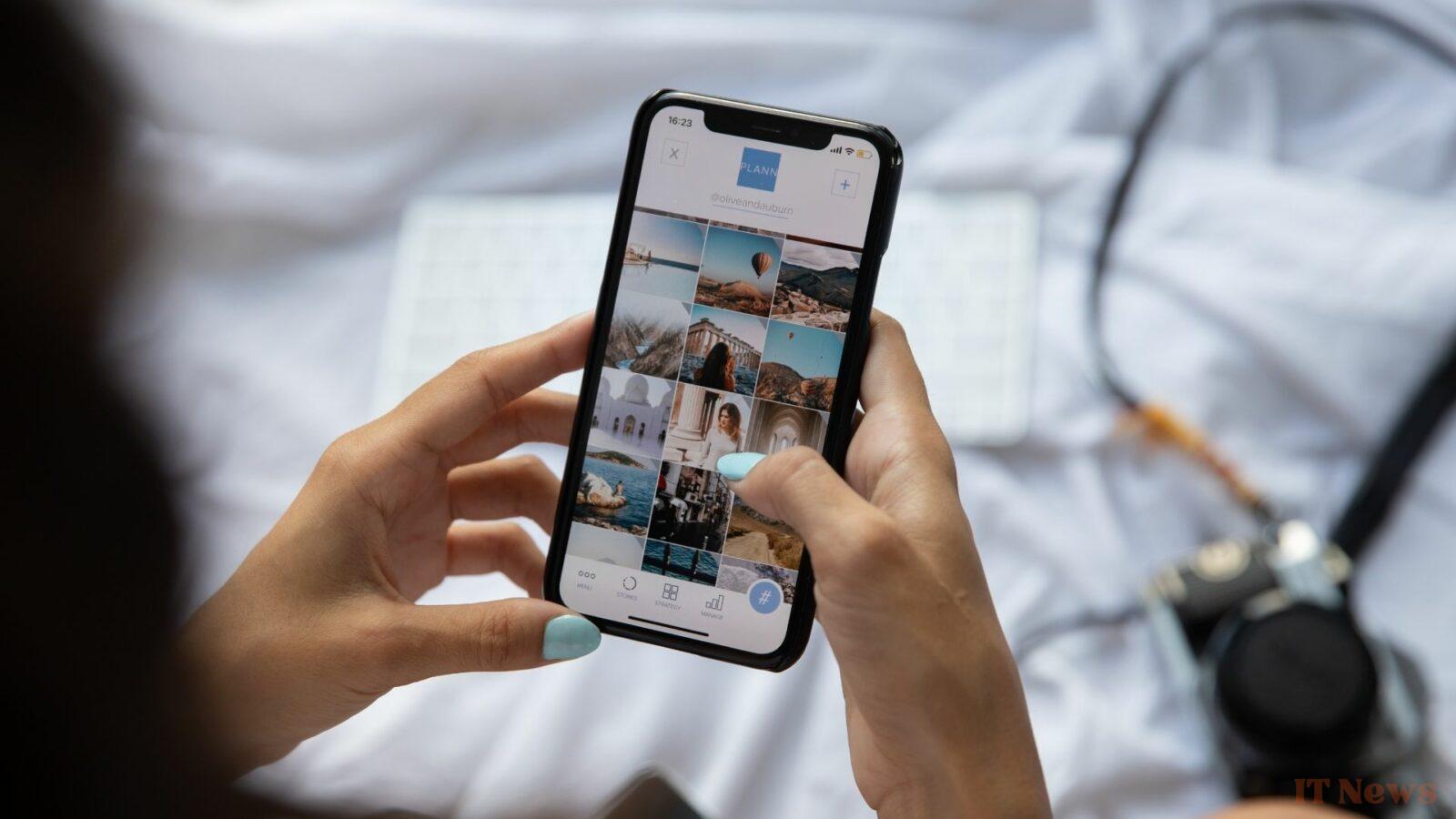Since Donald Trump's re-election, US customs officials have become increasingly vigilant, particularly with regard to foreign travelers. Several recent cases illustrate a tightening of practices: in-depth smartphone checks, prolonged interrogations... The US border can quickly become an insurmountable barrier, depending on what's on your phone.
Is it legal?
Customs and Border Protection (CBP) officers have full authority to search travelers' personal belongings, including phones, computers, and tablets. This search can be carried out without a warrant, without specific justification, and at random. Refusing to unlock your device risks immediate denial of entry, or even confiscation of the device. For non-US citizens, it is virtually impossible to contest this decision, which will be recorded in the traveler's file and could jeopardize future long-term stays. So be careful not to outsmart customs agents.
Two types of checks exist: a basic manual inspection (consultation of files visible on the device) and an advanced search, involving the full copy of the content for later analysis. Rest assured, the latter generally requires a "reasonable suspicion" of an offense or threat to national security. It is therefore unlikely that you will ever encounter it.
Any content stored locally on a device can be examined: photos, videos, messages, browsing history, contacts, professional documents. Agents can also consult public profiles on social networks and take into account political positions or activist messages, even those perfectly legal in your home country. On the other hand, access to data stored in the cloud (iCloud, Google Drive) is only legally possible if this data is accessible directly from the device, without a specific connection.
Who is affected?
In theory, any traveler can be targeted. In practice, checks are rare (less than 0.01% of travelers in 2024, or approximately 47,000 people), but the selection is far from random. People who have already been turned away, have a criminal record, or hold political opinions critical of the American administration are logically more at risk. The same goes for professions deemed sensitive, such as scientists and journalists.
How to avoid checks?
If you want to avoid wasting time during border controls, several precautions are necessary: first, limit the number of devices, taking only those that are essential to you. Don't hesitate to delete any messages, photos, documents, or applications that could be confusing or harm your profile in the event of a possible check, and disconnect from cloud services.
To go even further, it is also possible to rely on a secondary phone, containing the bare minimum of personal and professional information. Be careful, however, since an empty phone can also arouse suspicion. Finally, it is advisable to keep in touch with an immigration lawyer, in case a contentious situation arises.
In a tense political context, and while Trump has tightened his borders, the challenge is no longer just to present a valid passport and ESTA, but also a flawless smartphone, to avoid any inconvenience.



0 Comments